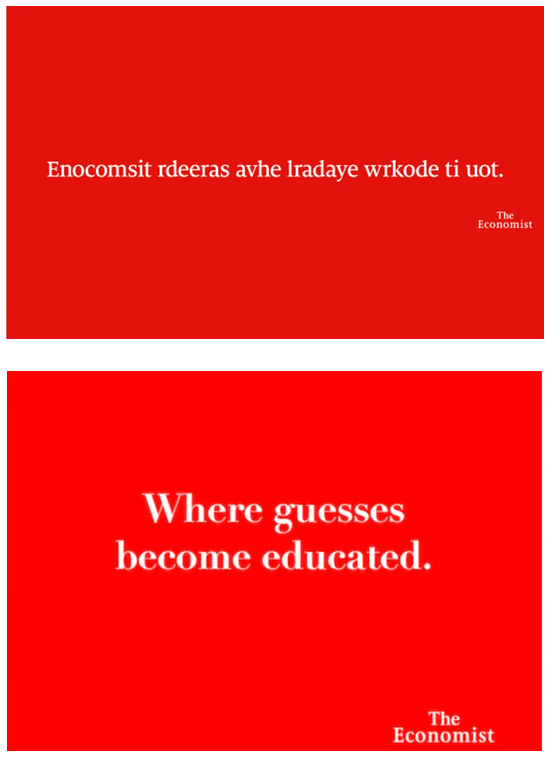In the free-to-cheapskates excerpt from his Weekly Dish newsletter, Andrew Sullivan contemplates the differences between how Barack Obama was seen as a historical figure to the US media and yet that same media can’t manage to see how Prime Minister Sunak is “the British Obama”:
In his inimitable way, Joe Biden this week celebrated the rather remarkable fact the the new Conservative prime minister in Britain is the grandson of Indian immigrants:
As recently as today, we’ve gotten news that Rashid Sanook is now the prime minister. As my brother would say, “Go figure.” And the Conservative party! … Pretty astounding. A groundbreaking milestone. And it matters! It matters!
He got the name wrong, but he’s Joe Biden. He gets names wrong. But unlike many on the left, especially the woke left, and perhaps because he is old enough to remember the after-effects of colonialism, Biden could bring himself to see what a staggering moment it is. It really is. It has gotten a bit obscured in the incredible mess of recent Tory politics. But staring us in the face is a historic shift.
It’s an Obama moment, after a fashion.
[…]
No, Sunak didn’t run an inspirational campaign like Obama. He’s not an orator even close in skill, he hasn’t won an election in his own right, and he didn’t come out of the blue. But he’s even younger than Obama when he took office — just 42, five years younger than Obama when he became president, and, unlike Obama, a slip of a thing and only 5’7″. And, for understandable reasons, Sunak seems much less worried about the cultural and political aspects of breaking the race barrier than Obama was.
Sunak is, for example, an openly practicing and proud Hindu. He lit Diwali lights around 11 Downing Street and took his oath on the Bhagavad Gita. That’s not someone running from his heritage. And he is also a Brexiteer from conviction, and, unlike Truss, a fiscal conservative who’s a realist about what can and can’t be done in a period of extraordinary economic stress for Brits and massive post-Covid debt.
All of this suggests something too many liberals have forgotten. These countries of alleged “white supremacy” have less racism than almost anywhere else in the world. It is hard to imagine a non-white president of France or Germany or Italy — let alone China or Russia or anywhere in Central Europe. It is hard to think of another empire that was deliberately unwound by its architects, and who then, within two generations, installed the grandson of former colonial subjects to its most powerful office. And Obama, of course, was twice elected with more heartland white support than Hillary Clinton.
Sunak has, moreover, been selected by the Tory party — that bastion of alleged bigotry that has already had three female prime ministers in its history, and now also a non-white man, James Cleverly, as foreign secretary, and a woman of Indian ancestry, Suella Braverman, as home secretary. Three of the top four ministers of state in Sunak’s cabinet are non-white. The new chairman of the Conservative party is Nadhim Zahawi. I’m telling you this because the US MSM — who are usually obsessed with racial representation in every single mundane situation — suddenly aren’t that interested, when some of their woke priors are rattled.
This is true of the broader American left. A faction obsessed with racial “equity” cannot take a moment to observe a historical moment of extraordinary proportions. Some, like Trevor Noah, have even completely invented a racist “backlash” against Sunak that simply hasn’t happened, apart from one call on one radio call-in show. (I was on BBC Radio this morning talking to an interviewer who was simply baffled by the projection.)
Noah has the excuse of being a comedian. But the New York Times‘ coverage has been almost as ludicrously slanted as its usual coverage of post-Brexit Britain, and it quickly ran two op-eds by British leftists trashing Sunak. Every story that refers to his ethnicity always slams his class “privilege” — i.e. that his parents were middle-class children of immigrants. This morning, the paper ran another hit-piece on Sunak’s wealth. The only benefit of his Indian ancestry appears to be that he will help the Indian diaspora in Britain itself. The incredible arc of imperial history finally coming full circle? Barely a mention.






